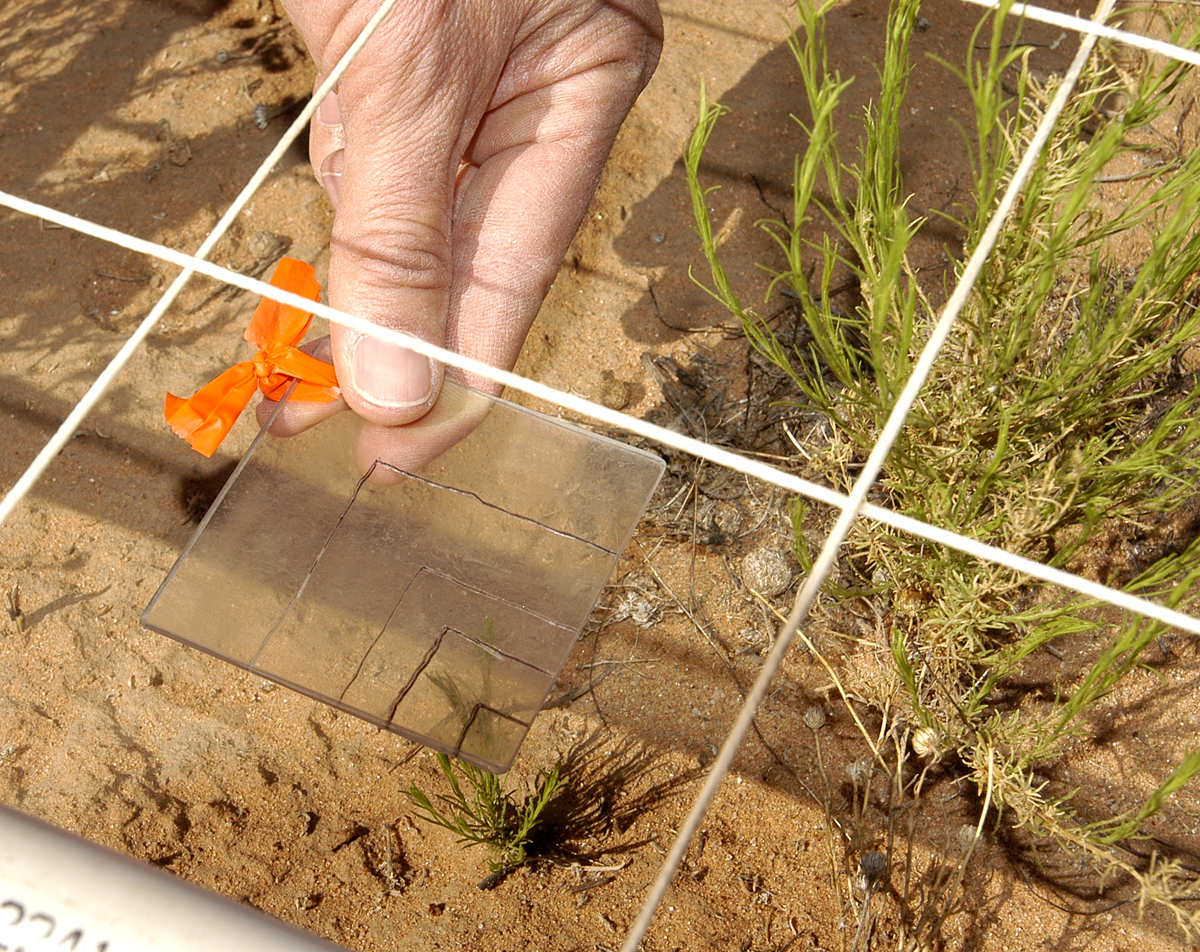NMSU climate change seminar tackles landscape change in Chihuahuan Desert


Nearly one third of the world’s land surface is threatened with desertification, a type of land degradation in which a relatively dry area becomes a desert. This vulnerability could impact up to 250 million people. New Mexico State University researchers in collaboration with the U.S. Department of Agriculture are finding long-term data showing dramatic changes in vegetation, and associated changes in air quality, wind and water erosion in the Chihuahuan Desert that can have implications for similar areas around the world.
Future changes in climate are expected to modify these landscapes in complex ways that will depend not only on changes in climate but also on properties of the landscape itself.
In a continuing effort to shed light on research surrounding climate change, the New Mexico State University Climate Change Education Seminar Series (NMSUCCESS) will host a talk by Debra Peters, a research scientist with the USDA’s Jornada Experimental Range and an affiliate faculty member in NMSU's Department of Plant and Environmental Sciences.
Peters’ presentation titled “Chihuahuan Desert Landscapes in an Uncertain Future” will begin at 7 p.m. Thursday, Sept. 12 at the Dona Ana Community College’s East Mesa Campus Auditorium. She has been a landscape ecologist involved in research at the Jornada since 1998 and is the principal investigator for the National Science Foundation funded Jornada Basin Long Term Ecological Research program to NMSU. NSF has supported the Jornada Basin LTER since it began in 1982.
“Friends of Organ Mountains-Desert Peaks is excited to co-host this event with NMSUCCESS and to continue educating our community on the impacts of a changing climate,” said Patrick Nolan, executive director of Friends of OMDP. “Dr. Peters will provide great insights on these changes, changes we can see in our own backyard and on our National Monument. To better understand and implement solutions, we must look at the science around climate change and its impact on the Chihuahuan Desert.”
Peters’ research focuses on understanding and predicting the dynamics of arid and semiarid systems across a range of spatial and temporal scales. Much of her research involves interactions with and among various species of grasses and shrubs with a focus on identifying patterns and process across scales, from individual plants to patches, landscapes and regions.
"I think once people understand how it's changed so dramatically, then they will have a sense that these landscapes may be very different in the future as well and that their own activities could influence those changes,” Peters said. “I think their understanding of these human interactions with their environment is really important."
NMSUCCESS will present the next series of eight talks from experts in different fields impacted by climate change over the fall 2019 and Spring 2020 semesters. Future topics will include geo-engineering, mass extinction threats, national and global security concerns and public health impacts. The series’ goal is to shine light on research and issues related to climate change for a local audience.


